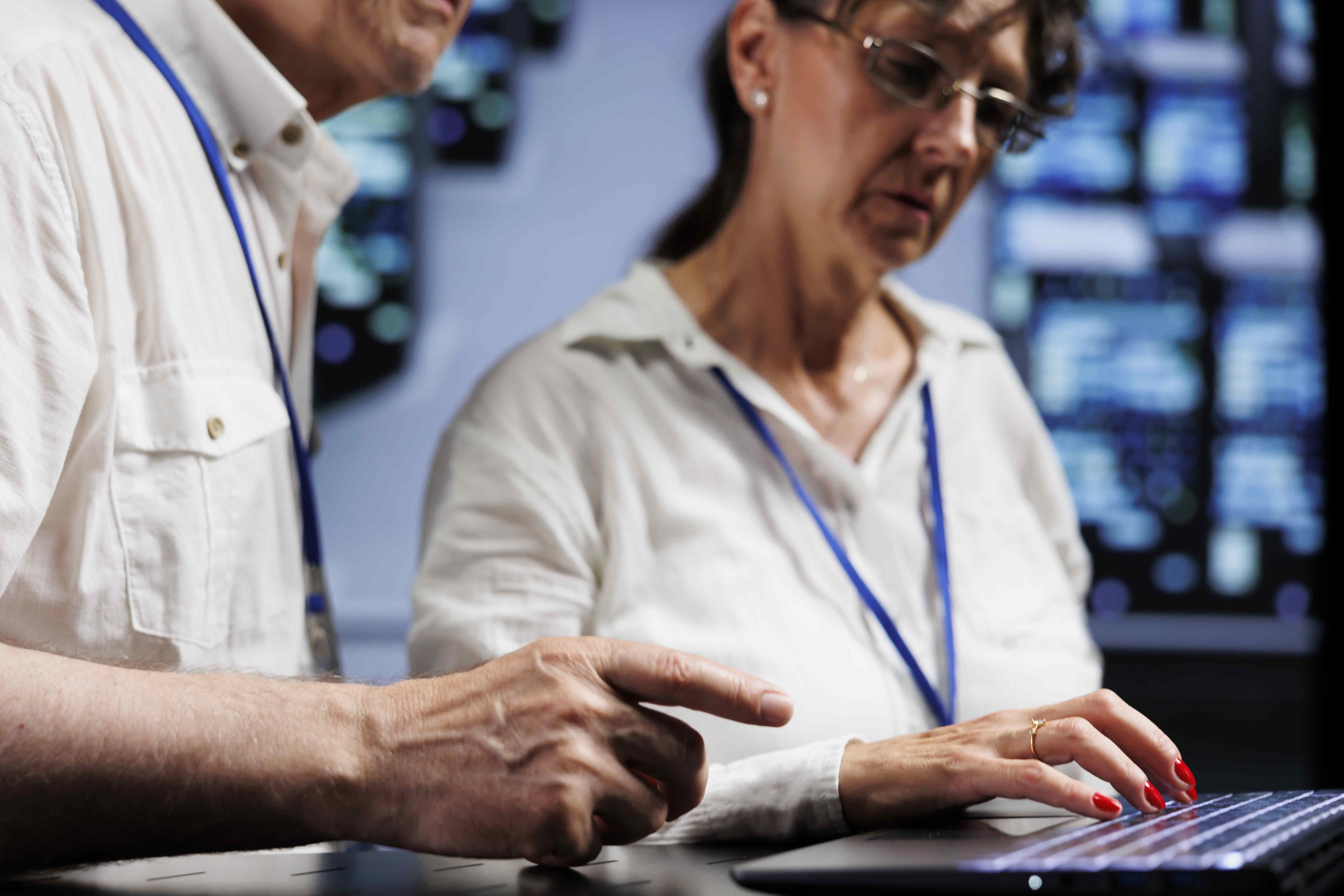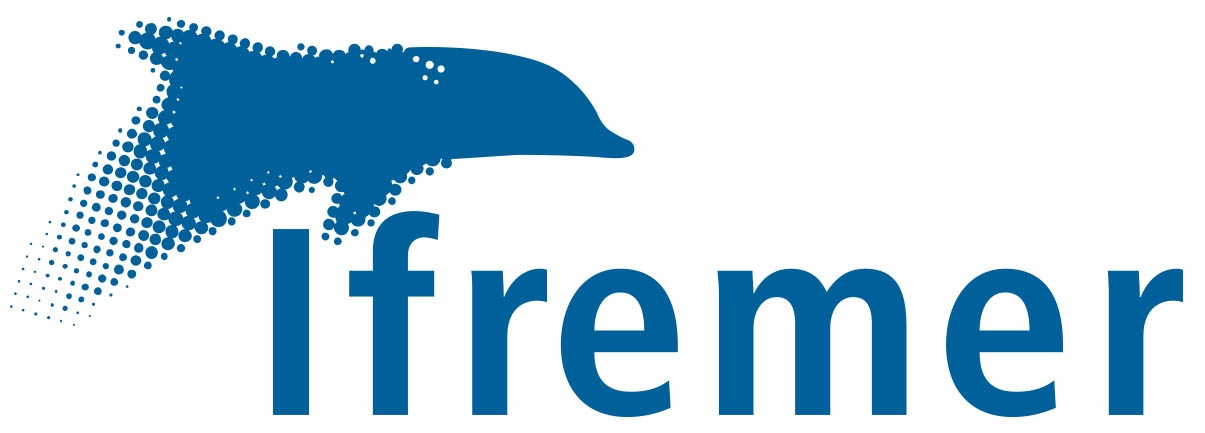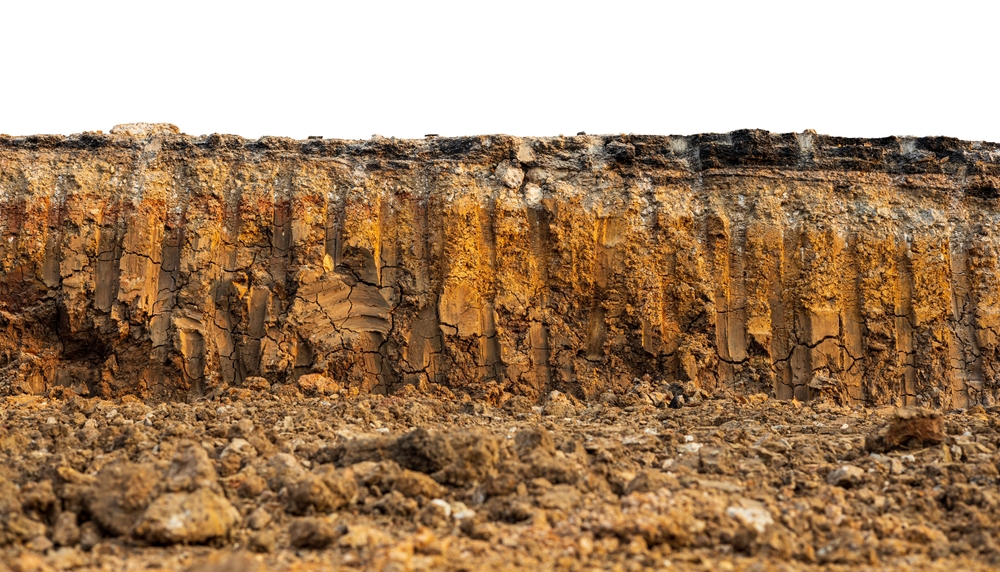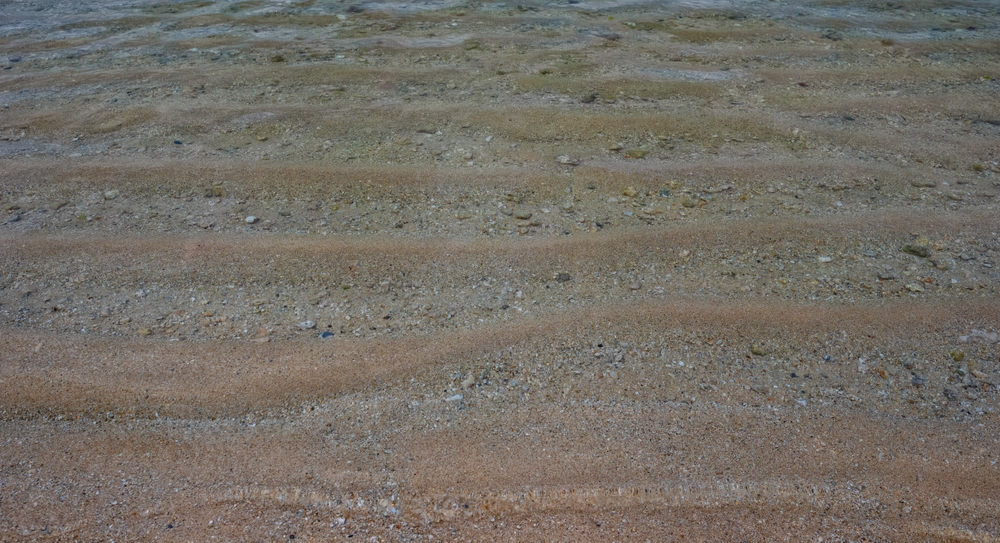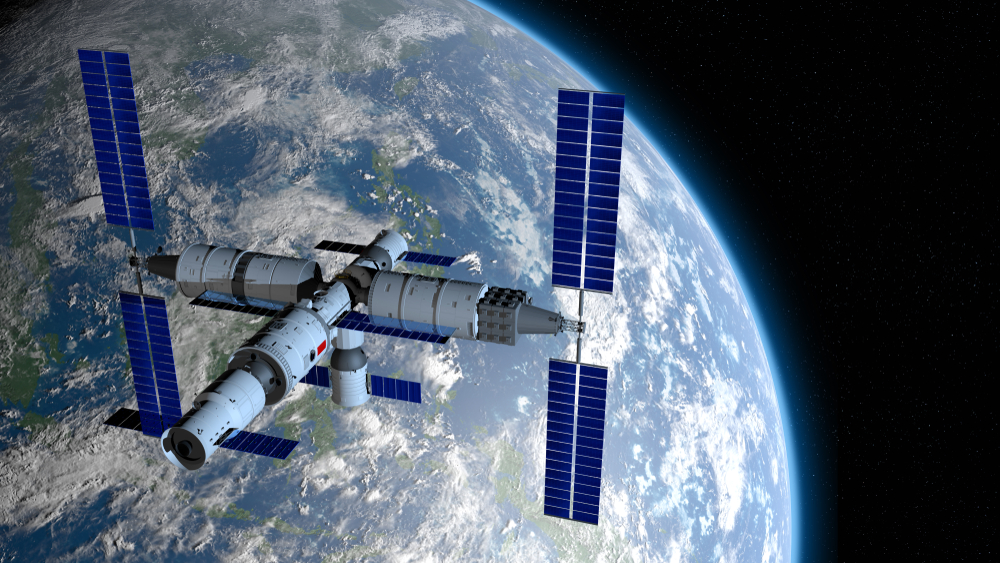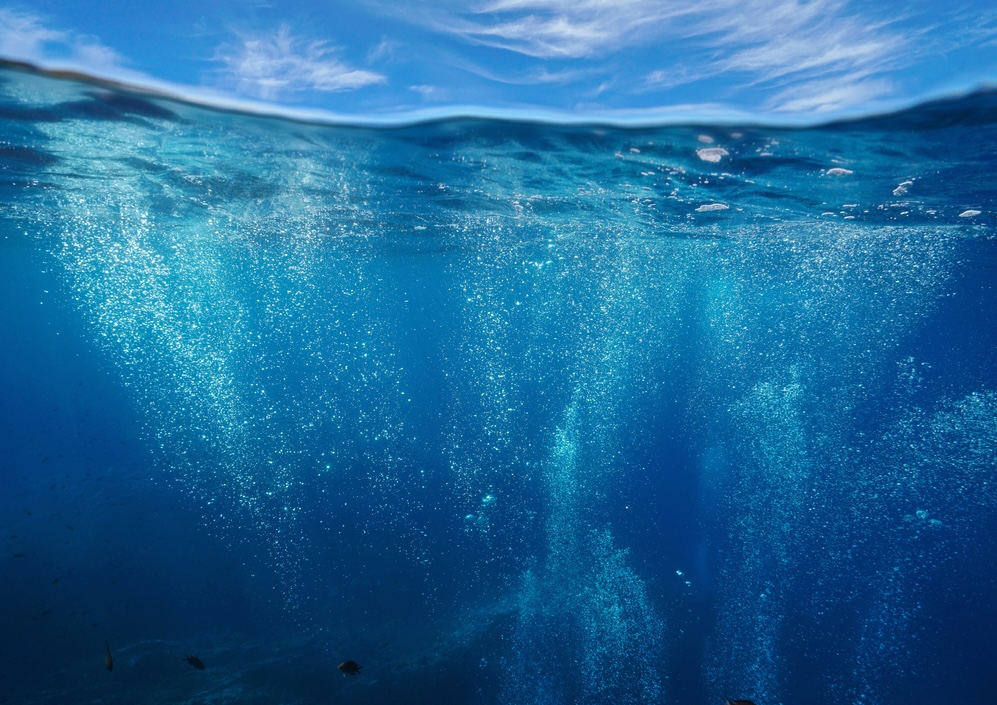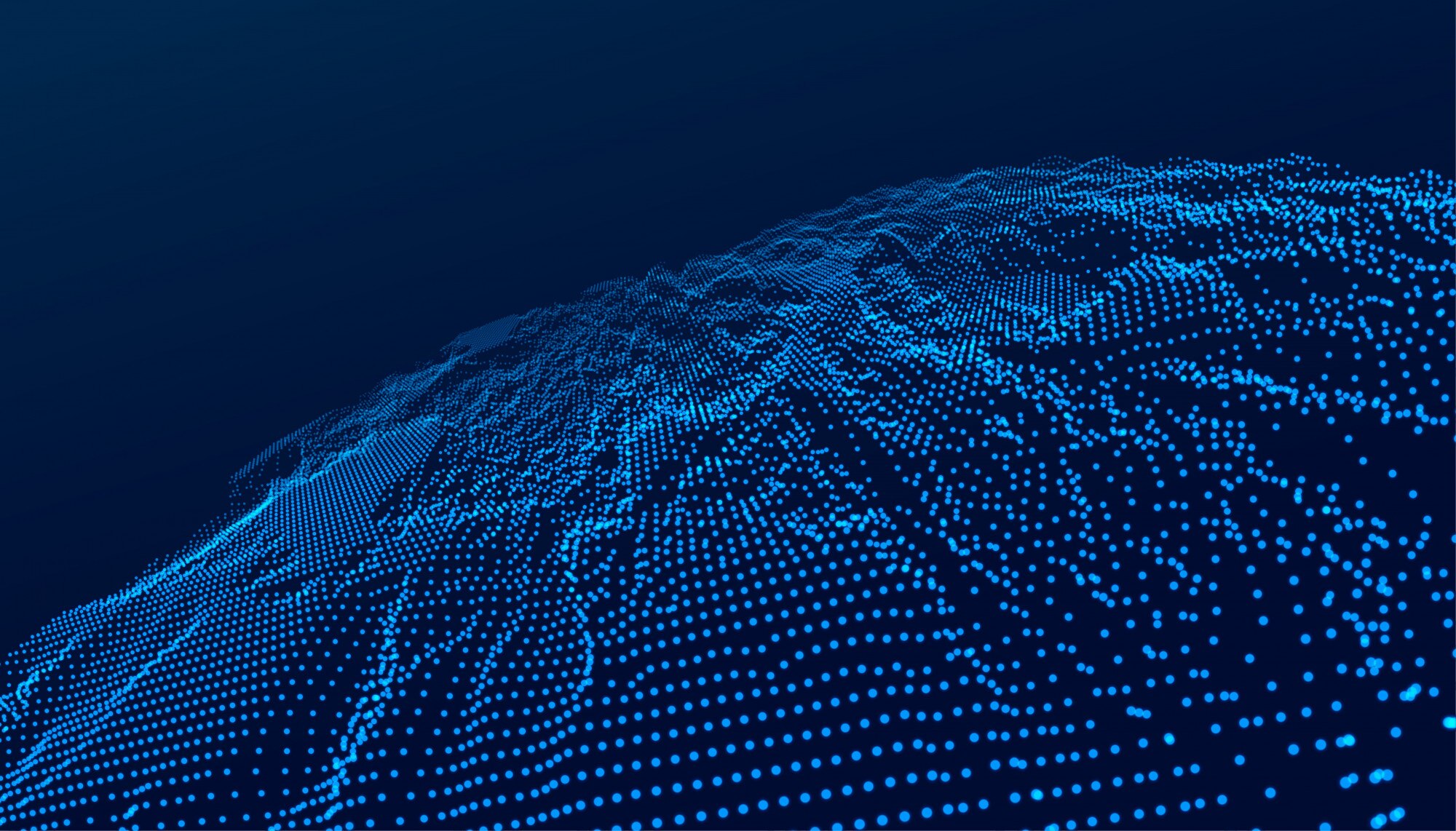Galaxy for Geosciences: Advancing Interdisciplinary Research with FAIR-EASE
A better understanding of global environmental challenges is essential to their mitigation. These challenges are multifaceted and require a multidisciplinary approach. Unfortunately, this work is often laborious and time-consuming for researchers, who must navigate through vast datasets that are often scattered and not interoperable.
The open-source collaborative workflow platform Galaxy provides researchers and data scientists with an efficient solution for data analysis. It enables them to easily upload, analyse, visualise and share their works. Galaxy simplifies and eliminates any informatics complexity in data analysing tasks, allowing users to build functional pipelines. By combining tools, data, and guidelines from different environmental science fields on one platform, Galaxy makes research more efficient and helps scientists carry out data analysis in a more integrated and reproducible way.
The FAIR-EASE project is showing how Galaxy - originally designed for bioinformatics and genomics - can also meet the needs of the geosciences community. To achieve this, FAIR-EASE has developed a dedicated Galaxy instance for Earth System Science. This specialised Galaxy server supports interdisciplinary Earth system analyses with tailor-made data access, tools, workflows, visualisation capabilities, and dedicated training.
Galaxy, a tool adaptable to earth sciences
Galaxy is particularly well suited to the needs of researchers in geosciences because it centralises a variety of tools and data in a single, easy-to-use environment.

Users can access their data and don't have to worry about informatics issues while analysing them. It integrates key Earth sciences data formats, such as the NetCDF format, which is widely used in climatology, meteorology and oceanography
Among the thousands of tools integrated into Galaxy, there is also a wide range of tools dedicated to geosciences, such as Ocean Data View (ODV), QGIS and Panoply. Galaxy also includes environments that simplify the reproducibility of analyses, such as JupyterLab.
In conclusion, by design, Galaxy as both a project and a platform facilitates FAIR research, addressing common needs, invoking available standards and contributing to several upstream projects.
A pioneering platform for collaborative science
“FAIR-EASE has demonstrated the value of a Galaxy service made available to the environmental sciences community.
The next challenge is to specify a coherent service and deploy it at the scale of this community's needs.
What I find truly exciting is the opportunity to connect the many infrastructures, datasets, and tools developed by research institutes and infrastructures. With the vision and ambition we share with Marie Jossé, I believe a great adventure awaits us around Galaxy," emphasises Jérôme Detoc, researcher engineer at IFREMER.
References
The Galaxy platform for accessible, reproducible, and collaborative data analyses: 2024 update, Nucleic Acids Research, Volume 52, Issue W1, 5 July 2024, Pages W83–W94, https://doi.org/10.1093/nar/gkae410
